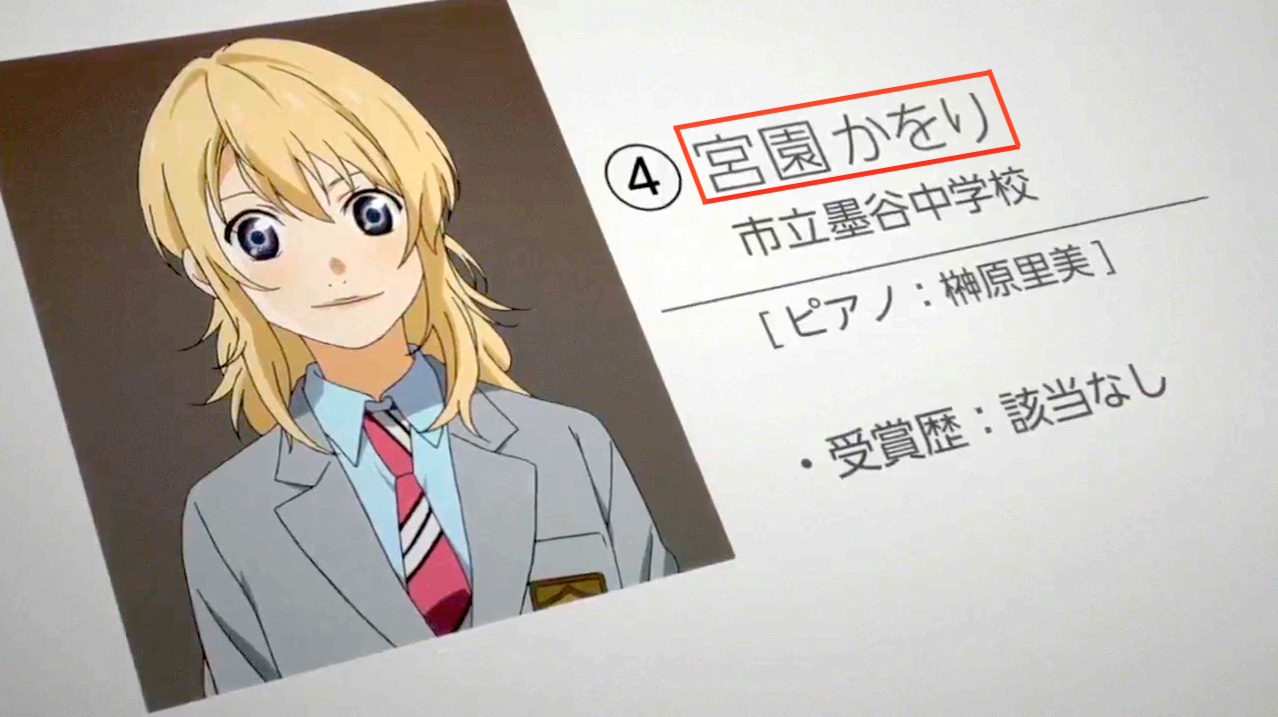Vocabulary
English
place
where?
where at?
time; hour; o’clock
when?
now
after, later
afterwards
cola, soda
romaji
tokoro
doko?
doko de?
ji
itsu
ima
ato
ato de
koura
kana
ところ
どこ?
どこで?
じ
いつ
いま
あと
あとで
コーラ
- Words like ‘koura’ (cola), borrowed from other languages, are called ‘gai-rai-go’ (外来語, lit. outside-coming-language). With few exceptions, gai-rai-go words are written in katakana and don’t have kanjis. An example of an exception is ‘ei’ (Britain) whose kanji is 英.
Sample sentences
When are you eating? I’ll eat later.
formal
itsu tabe-masu ka? ato de tabe-masu.
いつ たべますか。あとで たべます。
casual
itsu taberu? ato de.
いつ たべる? あとで。
Comments
The following comments explain some of the grammar in more detail.
Particles
no – の
In English, we can say that something belongs to someone in two ways, e.g., “the car of Hana” and “Hana’s car”; other languages are not so flexible, e.g., in Spanish we can only say “the car of Hana”, while in Japanese we can only say “Hana’s car”. In Japanese, one of the most common roles of the particle の is to play the role of this possessive apostrophe, i.e., of ‘s:
English
Hana‘s car
It’s Hana‘s
Hana‘s mother
Hana‘s mother‘s car
Today‘s newspaper
Tomorrow‘s weather
日本語
花の車
花のです
花のおかあさん
花のおかあさんの車
きょうのしんぶん
あしたの天気
This extends to cases wth possessive pronouns in which we don’t usually use aposthrophes but, logically, we could:
English
My dog
It’s mine
Your book
It’s yours
‘logical’ English
I‘s dog
It’s I‘s
You‘s book
It’s you‘s
日本語
私の犬
私のです
あなたの本
あなたのです
Usually, a particle forms a unit only with the word that it precedes, e.g., ‘to Nara’ is ‘ならへ’, ‘in January’ is ‘一月に’, ‘with Hana’ is ’花と’, etc; we can move these units around in the sentence:
English
(In January), I’m going (to Nara) (with Hana)
I’m going (to Nara) (with Hana) (in January)
(To Nara), (in January), I’m going (with Hana)
日本語
(一月に) (ならへ) (花と) いきます
(ならへ) (花と) (一月に) いきます
(ならへ) (一月に) (花と) いきます
English
I’m going (to Nara) (in [Hana‘s car])
I’m going (in [Hana‘s car]) (to Nara)
I’m going (to Nara) (in [[Hana‘s mom]‘s car])
I’m going (in [[Hana‘s mom]‘s car]) (to Nara)
日本語
(ならへ) ([花の車]て) いきます
([花の車]て) (ならへ) いきます
(ならへ) ([[花のおかあさん]の車]て) いきます
([[花のおかあさん]の車]て) (ならへ) いきます
mo – も
‘mo’ (も) means ‘also’, in both positive and negative contexts.
We can translate it as ‘as well’ or ‘too’ in a positive context:
I am going to drink a cola.
Me too.
koura wo nomi-masu.
watashi mo.
and translate it as ‘neither’ in a negative context:
I am not going to drink a cola.
Me neither.
koura wo nomi-masen.
watashi mo.
de – で
‘de’ (で) is ‘at’ when we refer to time:
ato de
ato de nomi-masu
at a later moment (afterwards, later)
I’ll drink at a later moment (I’ll drink later)
or ‘at’ a location where an action takes place.
resutoran de
resutoran de nomi-masu
at the restaurant (something will happen)
I’ll drink at the restaurant
wo – を
‘wo’ (を) marks the direct object of a verb, i.e., the object on which the verb acts. In spite that it is written as ‘wo’, it is often pronounced ‘o’.
English
I drink cola
I eat sushi
romaji
koura wo nomi-masu
sushi wo tabe-masu
kana
コーラを のみます
すしを たべます
When we answer a question, we can replace the ‘question word’ marked with ‘wo’ with our answer. However, when the answer is ‘nanika’, we omit the ‘wo’:
English
What will you eat?
I’ll eat sushi.
I’ll eat something.
romaji
nani wo tabe-masu ka?
sushi wo tabe-masu.
nanika tabe-masu. (no ‘wo’)
kana
なにを たべますか。
すしを たべます。
なにか たべあす。
Not every object of a verb is a direct object. For example, ‘sushi’ is the direct object of ‘I eat sushi’, but ‘chopsticks’ is not a direct object in ‘I eat with chopsticks’ (we are not eating the chopsticks), nor ‘resutoran’ is a the direct object of ‘I eat at the restaurant’ (we are not eating the restaurant), so in these cases the verb does not mark the objects with ‘wo’; if we mark them with ‘wo’ we get some strange meanings:
English
I eat sushi
I eat with chopsticks
I eat chopsticks (I find wood tasty)
I eat at the restaurant
I eat the restaurant (I am Godzilla)
romaji
sushi wo tabemasu
hashi de tabemasu
hashi wo tabemasu
resutoran de tabemasu
resutoran wo tabemasu
‘wo’ (を) is rarely used to write anything other than the direct object marker. From time to time it appears in an actual word, though. For example, Kawori Miyazono, the character of ‘My lie in April’, spells her name – Kaori (‘scent’), as かをり, instead of using the normal spelling かおり; still, since both お and を are pronounced ‘o’, both spellings sound ‘kaori’:
A common expression where を shows up is 気をつけて (‘ki-wo-tsukete’, ‘take care of yourself’). Here 気 is ‘sprit’ and を is working as the direct object marker of the verb ‘tsukeru’ (‘to attach’), so ‘ki-wo-tsukete’ is a gentle order to ‘attach care to your spirit’, i.e., to ‘take care of yourself’.
